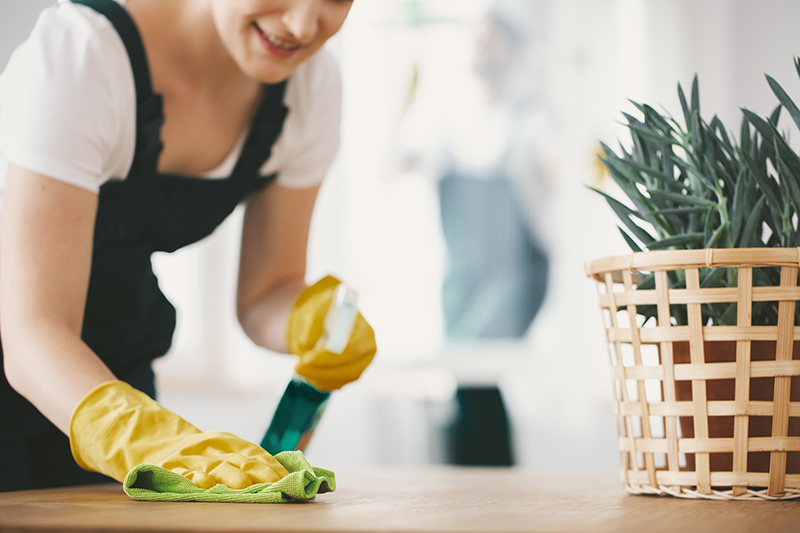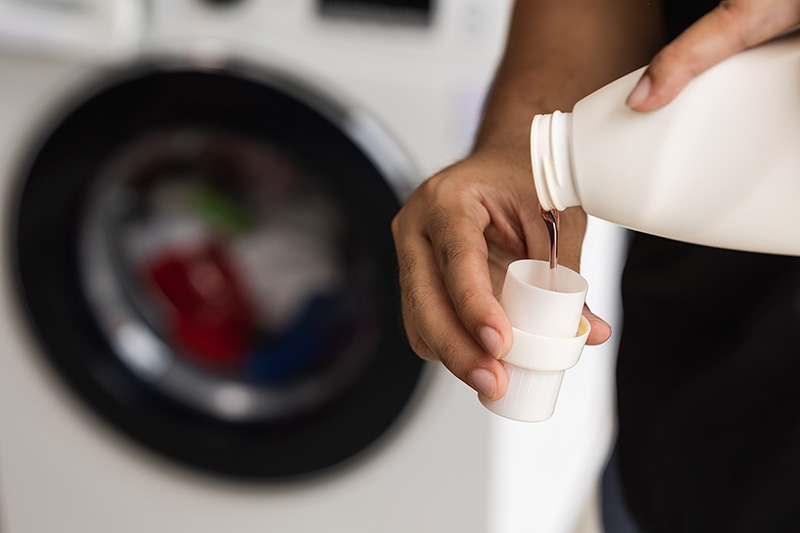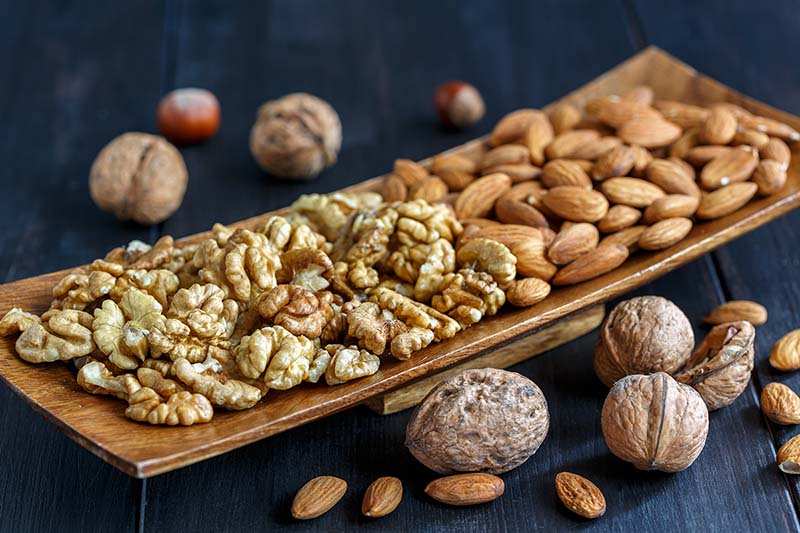DIY Cleaning Schedule and Spray for a Healthy, Happy Home
Keep your home clean with a simple DIY cleaning schedule and spray.

You don’t need to wait for spring cleaning to get your home in order. Regular cleaning is important to maintaining the safety and health of your home. While cleaning is something that many people intend to do, it can fall by the wayside when other responsibilities come up.
Risks of an unclean home
Dust, germs, bacteria, and other contaminants can build up in a home that is not regularly cleaned, often leading to allergies, respiratory issues, and other health problems. A messy home can attract rodents and bugs as well.
By maintaining a cleaner home, you can not only reduce the risk of pest infestations, but also protect your own health and the health of those who live with you.
Not only can cleaning help you and your loved ones stay healthy, it can also help you reduce the number of items cluttering your home. By decluttering and organizing you can avoid a buildup of things you don't use or need and ensure that everything has a place.
Maintaining a clean home is all about health, and by routinely cleaning, you can remove potential allergens, improve your focus and mental health, and even sleep better.
Related: Cleaning Your House After Someone’s Been Sick
Here is a simple cleaning schedule to help you maintain the cleanliness of your home, along with a few DIY cleaning spray recipes to try.
Cleaning schedule
How you decide to go about cleaning your home is up to you. Be sure to create a realistic cleaning schedule that works for you and one that keeps your home sparking and free of health risks.
Start by taking a few minutes to make a personalized cleaning checklist that is broken down into several categories: daily, weekly, biweekly, monthly, every few months, and annually.
Everyday cleaning checklist
If you feel overwhelmed at the thought of beginning a house cleaning schedule, start with a few small daily cleaning tasks that don’t feel as challenging. Try making your bed every day for a week and see if this makes a difference in the way you feel about your room.
You can also tackle smaller tasks every day to prevent them from building up and becoming more overwhelming. For example, if you scrape your dishes and put them into the dishwasher after each meal, you don’t have to worry about a sink full of dirty dishes to tackle.
Some of the other simple, everyday cleaning tasks include:
- Wiping down countertops and surfaces in the kitchen and bathrooms
- Sweeping or vacuuming the kitchen floor
- Doing a load of laundry
- Clearing off surface areas in the living area and bedrooms to avoid excess clutter
By tackling a few cleaning tasks each day, it’s easier to prevent the mess from overtaking your living space. You may also find that you feel less overwhelmed as you continue to keep up with these everyday cleaning tasks.
Deep cleaning checklist
It’s important to do more deep cleaning to remove germs and bacteria from other surfaces in the home about once a week. Take a few hours to wash and change the bedding; wipe down the appliances in your kitchen; vacuum and mop the floors; and scrub the showers, tubs, toilets, counters, and sinks.
Don’t forget to frequently clean or trash used sponges. A recent study found that 362 different species of bacteria live on the average kitchen sponge. Routinely cleaning or discarding the sponges you use can help avoid spreading additional germs and bacteria across multiple surfaces.
You can run sponges through the dishwasher or use a disinfecting solution to eliminate bacteria from the soft surface. If you have used your sponge a lot, throw it out and grab a new one.
Each month, it is important to vacuum the vents, dust the blinds, and clean light fixtures and mirrors. It is also a good idea to run a cleaning cycle on your washing machine and dishwasher to eliminate bacteria and ensure that these appliances are ready to clean your clothing and dishes effectively.
DIY cleaning products
If you’re worried about harmful chemicals in your home, you can make your own cleaning sprays and solutions. Many natural ingredients can eliminate bacteria and provide an effective, all-over clean.
Try mixing up a quart of warm water with four tablespoons of baking soda and pouring it into an empty spray bottle. Use a soft cloth with the solution to clean counters, appliances, and the inside of the refrigerator. Baking soda is a natural deodorizer, so it helps your home smell fresh and clean.
When cleaning glass, use a mix of two cups of water, ½ cup of white or cider vinegar, and ¼ cup of rubbing alcohol (70% concentration) in a clean spray bottle. Add a couple of drops of citrus essential oil to create a pleasant scent as you remove streaks and grime from the glass in your home. Ammonia is good for removing grease and grime, while powdered dishwasher detergent mixed with water and chlorine bleach can remove stains from garments.
Related: How to Make the Switch to Natural Cleaning Products
With the right tools, you can maintain a healthier and more comfortable home for you and your loved ones.







